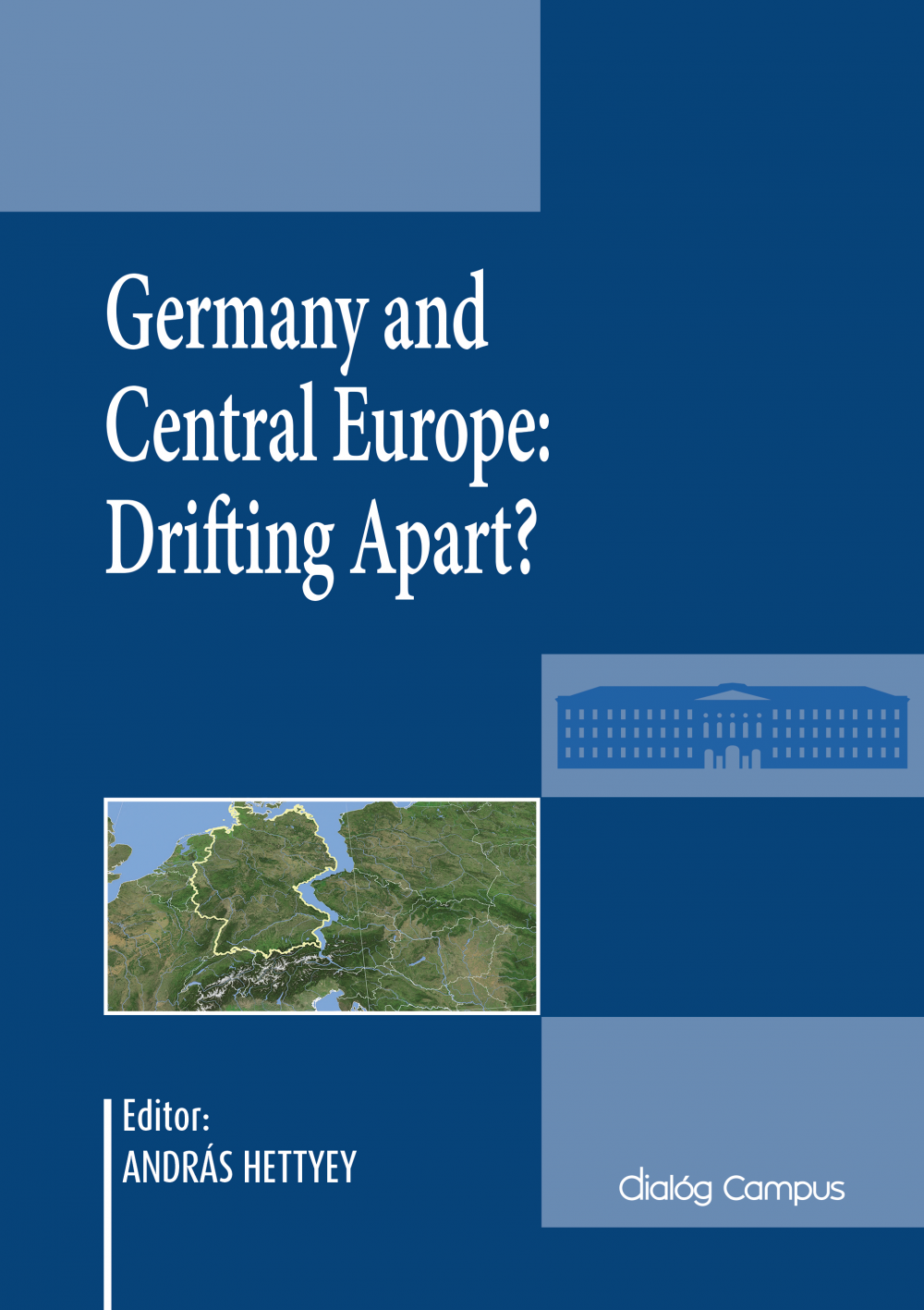
Germany and Central Europe: Drifting Apart?
Synopsis
The present volume’s aim is to give an overview on the political and economic relations between Germany and Central Eastern Europe (CEE). In light of the past couple of years, it seems as though the goals and interests of the CEE countries and Germany would increasingly diverge. The handling of the migration crisis and the mandatory resettlement quota, the sanctions regime against Russia, differing views on energy policy – these are just a few topics where Germany and (some) CEE countries pursue different interests and, therefore, policy goals. Therefore, an interesting paradox arises. After decades of separation before 1990, Germany and most CEE states are now finally common members of institutions such as the EU, NATO and OSCE, working together in various fields. Other CEE countries also feel the “gravitational pull” of these institutions. Yet rather than converging in their foreign policy goals, Germany and the CEE countries seem to be drifting apart. It was with this in mind, that the idea for the present volume took shape.
Chapters
-
Introduction – Germany and the Central and Eastern European Countries Revisited
-
Austria and Germany: Silent Partners in a Differentiating European Union
-
Slovenia’s Relationship with Germany: Danke Deutschland
-
Germany and Central Europe Drifting Apart? The Case of Croatia
-
From Confrontation to Unequal Partnership: Germany and its Policy towards Serbia
-
Polish–German Relations between 1989–2016: Bandwagoning and Its Limits
-
Germany and the Czech Republic: An Asymmetric Relationship in Search of a Strategy
-
Germany and Central Europe: Drifting Apart? The Case of Slovakia
-
From a Community of Feelings to Estrangement: Hungary and Germany since 1990
-
Germany and the CEE Countries: Ties that Bind
-
Authors

Downloads
Published
Categories
License

This work is licensed under a Creative Commons Attribution-NonCommercial-NoDerivatives 4.0 International License.

.svg)
